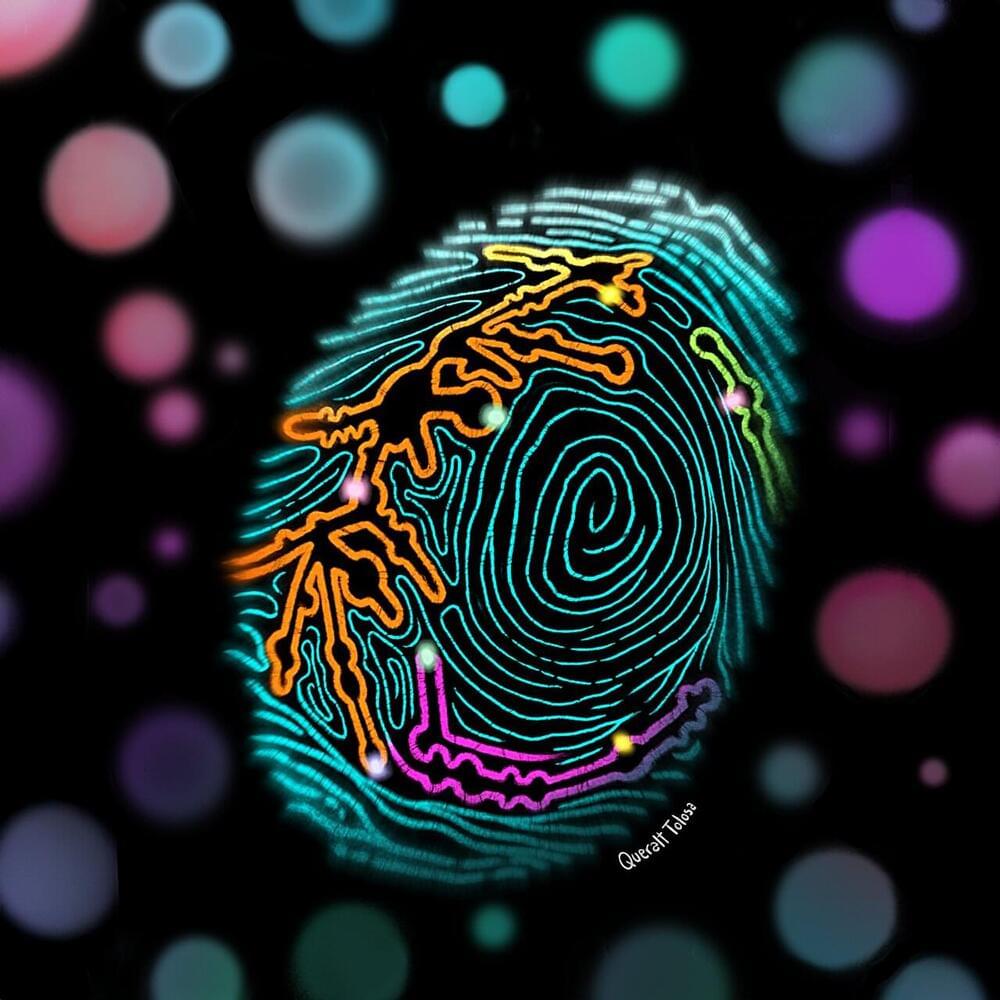Different types of cancer have unique molecular “fingerprints” which are detectable in early stages of the disease and can be picked up with near-perfect accuracy by small, portable scanners in just a few hours, according to a study published today in the journal Molecular Cell.
The discovery by researchers at the Centre for Genomic Regulation (CRG) in Barcelona sets the foundation for creating new, non-invasive diagnostic tests that detect different types of cancer faster and earlier than currently possible.
The study centers around the ribosome, the protein factories of a cell. For decades, ribosomes were thought to have the same blueprint across the human body. However, researchers discovered a hidden layer of complexity—tiny chemical modifications which vary between different tissues, developmental stages, and disease.
